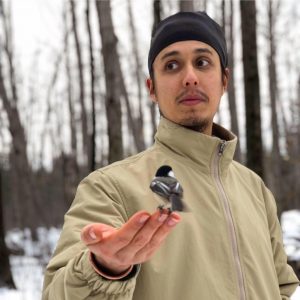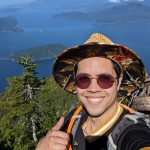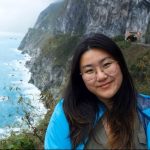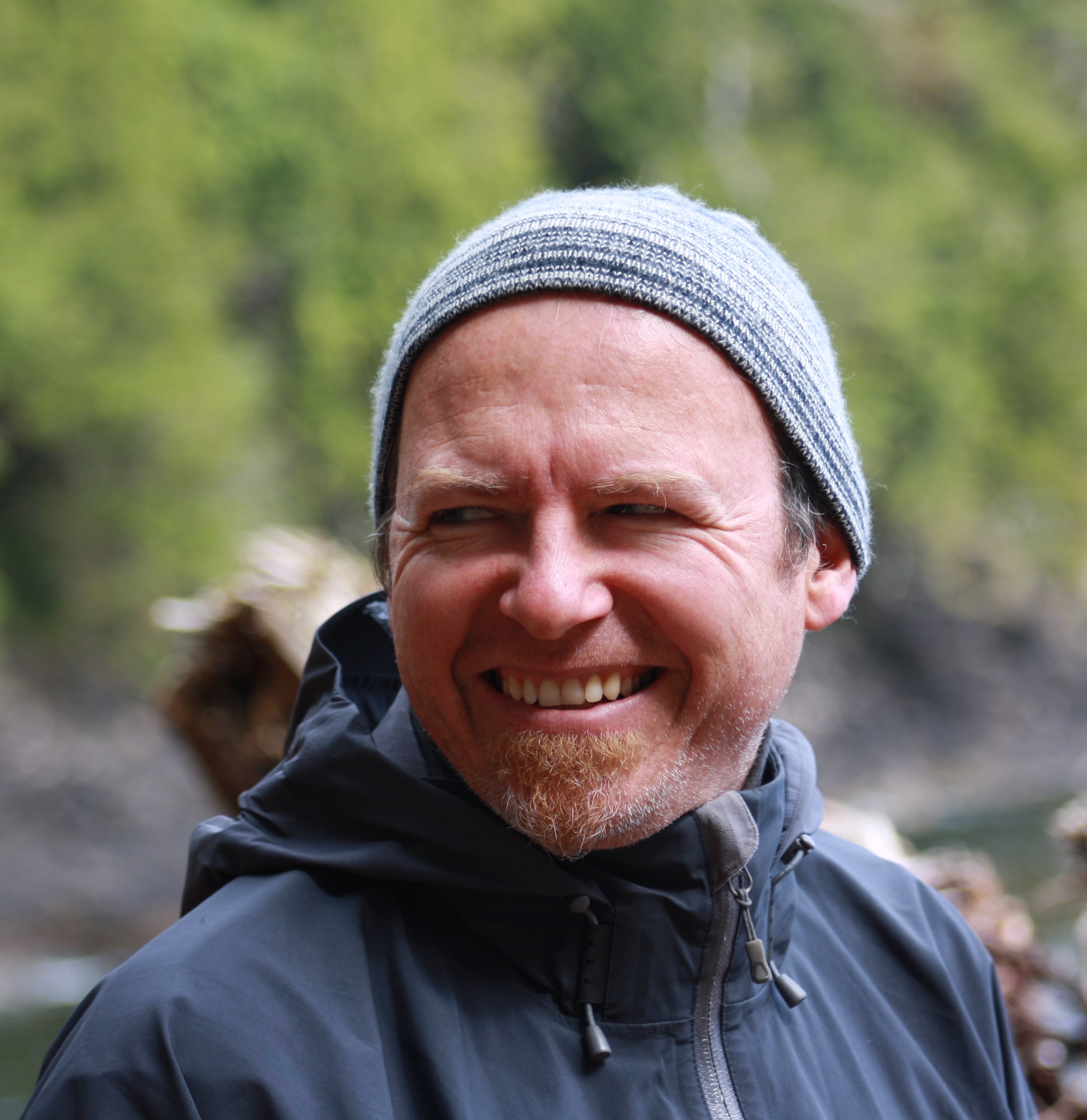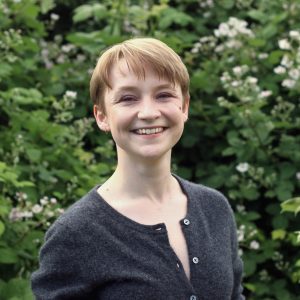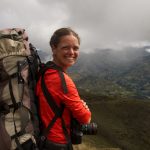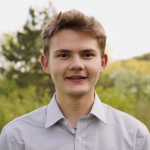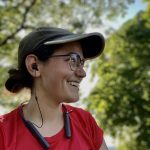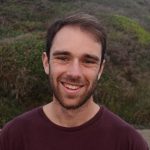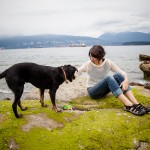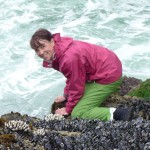Principal Investigator
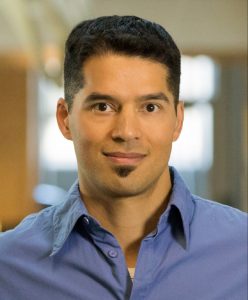
Kai Chan
I am a professor and Canada Research Chair at the Institute for Resources, Environment and Sustainability at UBC (I use he/him pronouns). I am an interdisciplinary, problem-oriented sustainability scientist, trained in ecology, policy, and ethics from Princeton and Stanford Universities. My empirical and modeling research straddles the natural and social sciences to query how social-ecological systems can be transformed to be both better and wilder. Key themes include relational values, transformative change, and rewilding—from cities to agriculture to protected areas, and with species present elsewhere or those currently extinct.
Postdoctoral Research Associates
Félix Landry Yuan
The primary motivation for my academic work is the co-dependent preservation of culture and the natural environment. For this I tend to focus on social and ecological dynamics within the context of conservation and sustainability. Currently, my research explores how human relations with the natural environment reflect preferred death care/burial practices, with a specific focus on cultural and migrational patterns.
Graduate Students
Samantha Blackwell
My research aims to utilize community-based science in order to understand nest predation affecting urban birds in Vancouver. Additionally, I aim to explore how participation in such a program influences people’s bird care and associated lawn care behaviours.
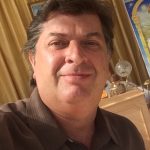 Alberto Campos
Alberto Campos
My research seeks to understand the cascades triggered by defaunation — including species extinctions, local extirpations and severe population depletions — and their ecological consequences, in order to propose management and rewilding practices that could recover environmental services for the benefit of all beings.
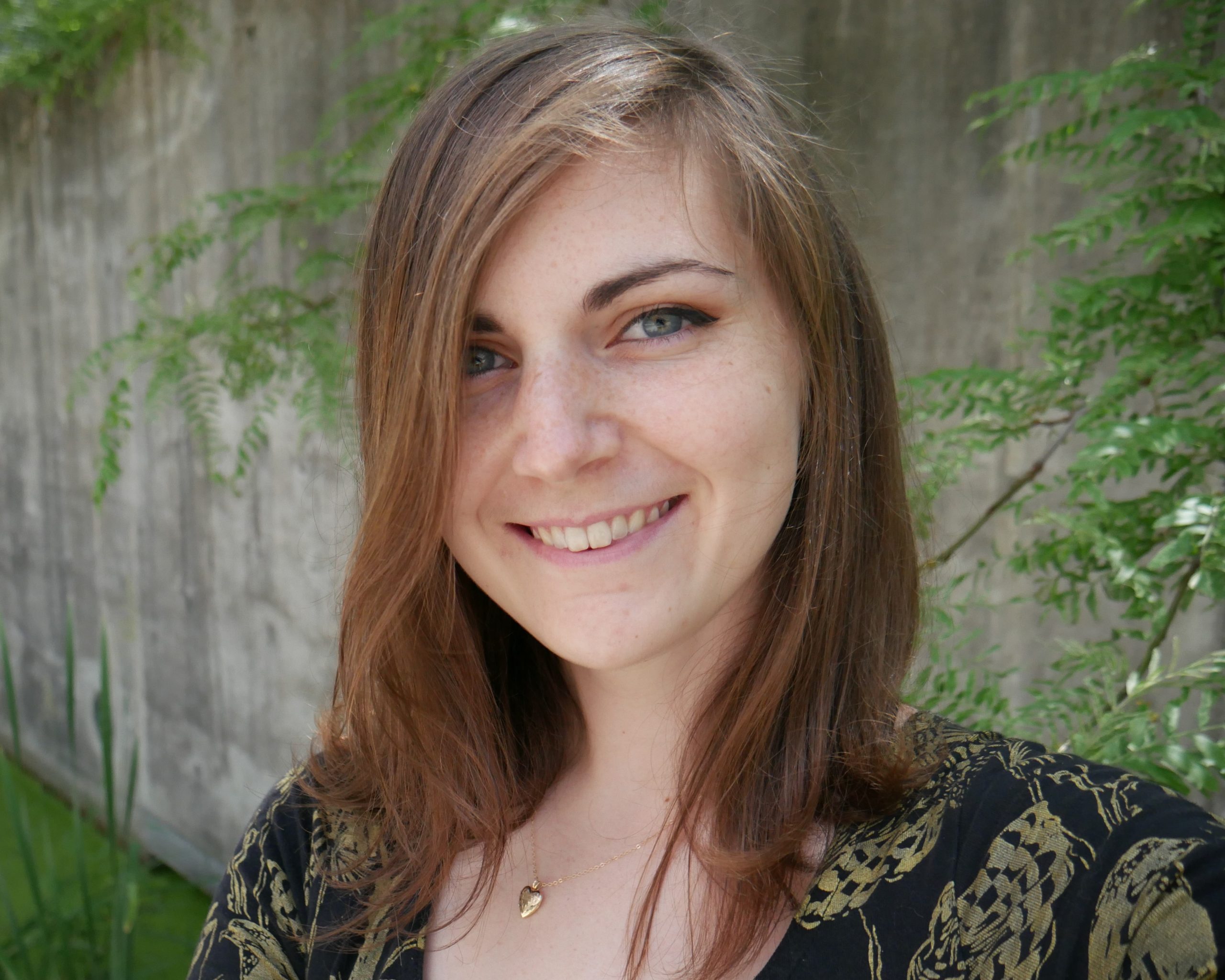 Jo Fitzgibbons
Jo Fitzgibbons
My research explores urban rewilding, the multi-level governance of urban greening and habitat restoration efforts, and planning tools to build urban green spaces that meet the needs of both human and ecological communities.
Daniel Forrest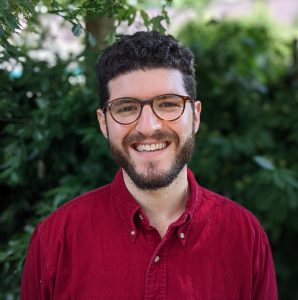
I aim to illustrate some of the complex social-ecological processes that structure urban biodiversity and its benefits to people. In the CHANS Lab, I explore a case study in Vancouver, BC revolving around a two-part hypothesis: the foods that people directly and indirectly provide American crows have inflated their populations, and that those crows go on to undermine bird diversity by eating songbirds’ eggs and young. This includes questions about more proximate causes (“what and where do crows eat?”, “which species are affected by nest predation and to what extent?”) and ultimate causes (“what social and political processes have led to the distribution of accessible food waste?”).
 Dana Johnson
Dana Johnson
I am interested in adopting a relational lens to understand the variety of factors that shape solutions to environmental issues. Because human-environment interactions are at the heart of social-ecological transformations, my research will aim to better understand how people relate to ecosystems and biodiversity, alongside the provision of ecosystem services.
 Miranda Li
Miranda Li
I study the social and ecological impacts of China’s current period of protected areas reform, including national park creation as well as the downsizing and degazettement of existing protected areas. My research examines who benefits or is harmed by these changes and how people’s relationships with nature evolve, with attention to cultural ecosystem services and relational values.
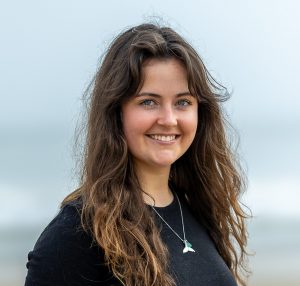 Clare Price
Clare Price
I am interested in acoustic ecology, especially how differently composed soundscapes prompt varying perceptions of nature. My research will characterize soundscapes throughout the Lower Mainland, paying special attention to how audibly biodiverse spaces (mostly using birdsong) influence experience as we move through them, in hopes of advocating for a more audibly diverse and acoustically intact world.
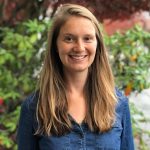 Anna Santo
Anna Santo
I am interested in understanding why and how people work together to achieve common objectives related to climate justice and ecosystem rewilding.
 Sonali Singh
Sonali Singh
I am interested in the social, political, and cultural dimensions of sustainability and environmental justice, particularly in how people relate to nature, place, and systems of care. My research explores how policies, institutions, and everyday practices are shaped by cultural values and identities —impact the pursuit of more equitable and ecologically resilient futures. Through my work, I hope to contribute to more relational and regenerative approaches to conservation and sustainability—approaches that honor interconnectedness, inclusivity, and support both human and more-than-human flourishing.
Undergraduate Students
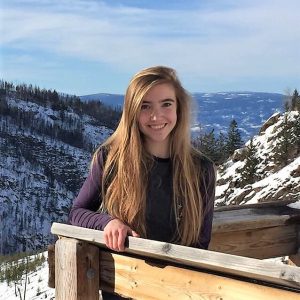 Lauren Moody
Lauren Moody
I am interested in systems thinking for sustainability as well as climate justice advocacy work. My research is focused on analyzing national progress on levers and leverage points for pathways to sustainability and the broader relationships between key elements of transformative change.
Lab Alumni
Aaron Aguirre
MSc Thesis, 2025: The park night rises: influences of urban land use on bat activity in the Metro Vancouver region.
 Rumi Naito, PhD
Rumi Naito, PhD
PhD Thesis, 2023: Messaging for wildlife conservation: leveraging attitudes, intentions, and actions for transformative change.
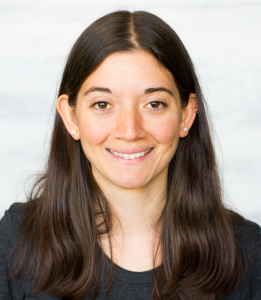 Rocío López de la Lama, PhD
Rocío López de la Lama, PhD
PhD Thesis, 2023. Understanding relationships between people and nature in the context of privately protected areas in Peru.
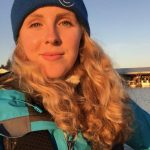 Claire Armstrong
Claire Armstrong
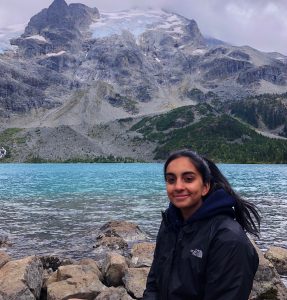 Hanaa Punja
Hanaa Punja
My background is in biology with a focus on environmental sustainability. I am interested in exploring how business systems and processes can mitigate environmental impact with an emphasis on a natural sciences approach.
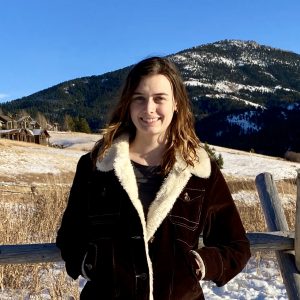 Meg Sheline
Meg Sheline
I am interested in environmental policy domestically and internationally. My research has focused on the jurisdictional responsibilities of Canadian government and the legislation that concerns contamination mitigation for salmon in urban Vancouver streams.
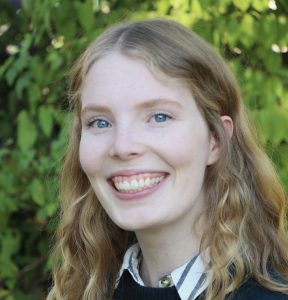 Brooke Sutherland
Brooke Sutherland
I am interested in the material and social dimensions of the transition to a circular economy and how transformative change may be fostered to create a more sustainable, just world.
Edward Gregr, PhD & Postdoctoral Research Associate
PhD Thesis, 2016: Sea otters, kelp forests, and ecosystem services: Modelling habitats, uncertainties, and trade-offs.
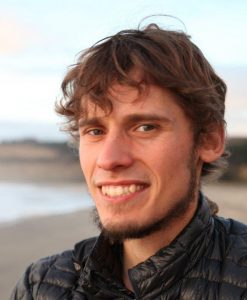 Andy Stock, Postdoctoral Research Associate
Andy Stock, Postdoctoral Research Associate
Lea Anderson, MA
MA thesis, 2023: Seeking transformative lifestyles: a role for social media influencers in creating sustainable futures
Ashli Akins, PhD
PhD thesis, 2022: Pampa and Pallay: the paradox of culture and economy in the Andean mountains
Colton Stevens, MSc
MSc. thesis, 2022: Walking the walk : outdoor recreation predicts sustainability actions alongside environmental attitudes, values, and beliefs
Julia Craig, MSc
MSc thesis, 2022: Prime real estate : how urban landscape variables influence bat presence in Vancouver, Canada
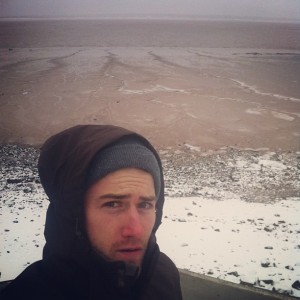 Jonathan Taggart, PhD
Jonathan Taggart, PhD
PhD thesis, 2021: “Still water, who knows you?” : counter-mapping traditional knowledge and ancestral values with Nak’azdli Whut’en
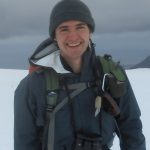 Harold Eyster, PhD
Harold Eyster, PhD
PhD thesis, 2021: Leveraging human–nature relationships towards sustainable pathways
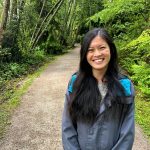 Nicole Jung
Nicole Jung
Undergraudate researcher, 2020-21. “My research examines Metro Vancouver’s lichens and bryophytes as cryptic, yet city-wide testaments to the presence of urban biodiversity beyond designated greenspaces. I hope to better understand the potential anthropogenic and ecological drivers of epiphyte distributions and diversity on street trees.”
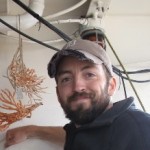 John Driscoll, PhD
John Driscoll, PhD
PhD thesis, 2020: Nutrient yields from northwest Atlantic fisheries : analysis, indicators, and optimization
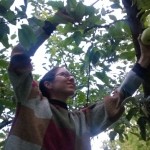 Maayan Kreitzman, PhD
Maayan Kreitzman, PhD
PhD thesis, 2020: Perennial agriculture : agronomy and environment in long-lived food systems
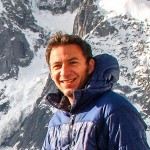 Graham McDowell, PhD
Graham McDowell, PhD
PhD thesis, 2020: Adaptation to Glacio-hydrological Change in High Mountains.
Cameron Bullen, MSc
MSc thesis, 2020: A Marine Megafaunal Extinction and Its Consequences for Kelp Forests of the North Pacific.
 Aspen Ono, MSc
Aspen Ono, MSc
MSc thesis, 2020: The Canadian Outdoors from the Perspective of Recent Immigrants in Metro Vancouver: Nature Nurtures Newcomers.
 Alejandra Echeverri (PhD)
Alejandra Echeverri (PhD)
PhD Thesis, 2019: Losing woodcreepers, iconizing manakins, and despising grackles : understanding human-bird relationships in agro-ecological landscapes
 Matthew Mitchell (Postdoctoral Research Associate)
Matthew Mitchell (Postdoctoral Research Associate)
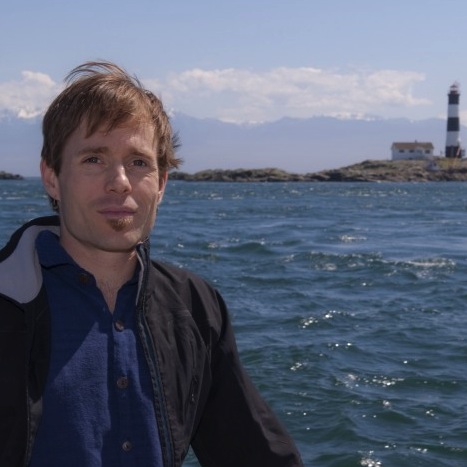 Nathan Bennett (Postdoctoral Research Associate)
Nathan Bennett (Postdoctoral Research Associate)
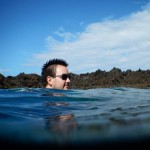 Marc Tadaki (PhD)
Marc Tadaki (PhD)
PhD Thesis, 2018: Filling the void : struggles over implementing freshwater policy in Aotearoa New Zealand
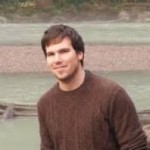 Adrian Semmelink (MSc)
Adrian Semmelink (MSc)
MSc Thesis, 2018: Differences between farmer and government official views of best management practices : cracks or canyons?
 Emily Anderson (MSc)
Emily Anderson (MSc)
MSc Thesis, 2018: “Market” participation for development and environmental sustainability : Costa Rican dairy markets and payments for ecosystem services
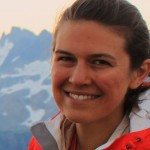 Mollie Chapman (PhD)
Mollie Chapman (PhD)
PhD Thesis, 2017: Agri-‘culture’ and biodiversity : rethinking payments for ecosystem services in light of relational values
Elizabeth Williams (MSc)
MSc Thesis, 2017: Content and prevalence of environmentalist stereotypes in Canada : a psychological perspective
Daniel Karp (Postdoctoral research associate)
Current position: Assistant Professor in the Department of Fish, Wildlife, and Conservation Biology at the University of California, Davis.
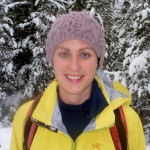 Paige Olmsted (PhD)
Paige Olmsted (PhD)
PhD Thesis, 2017: For love or money : harnessing environmental values and financial incentives to promote conservation stewardship
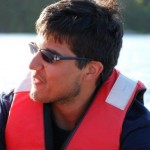 Gerald Singh (MSc, PhD)
Gerald Singh (MSc, PhD)
Masters Thesis, 2010: Effects of sea otters on nearshore ecosystem functions with implications for ecosystem services
PhD Thesis, 2016: Understanding and assessing cumulative impacts to coastal ecosystem services
 Sarah Klain (MSc, PhD)
Sarah Klain (MSc, PhD)
Masters Thesis, 2010: Navigating marine ecosystem services and values
PhD Thesis, 2016: Wind of change : offshore wind farms, contested values and ecosystem services
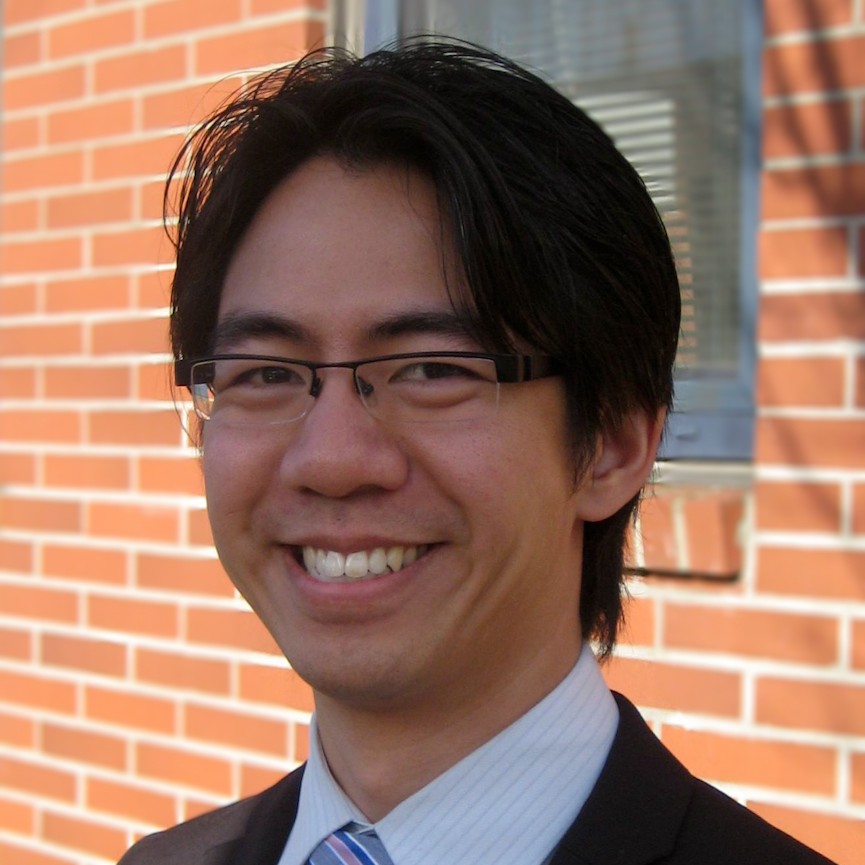 Jordan Tam (PhD)
Jordan Tam (PhD)
Masters Thesis, 2010: Understanding preferences for climate change adaptation for protected areas : the psychology of individual risk perceptions
PhD Thesis, 2016: Understanding adaptation and social-ecological change in Chilean coastal communities
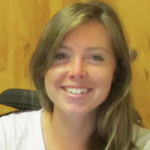 Ally Thompson (MSc)
Ally Thompson (MSc)
Masters Thesis, 2015: Effects of linear barriers on African buffalo (Syncerus caffer) movement in a transfrontier conservation area
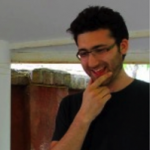 Jordan Levine (PhD, 2008 – 2014)
Jordan Levine (PhD, 2008 – 2014)
PhD Thesis, 2014: An even less convenient truth: Addressing the challenge of sustainable development through an integration of cognition and culture
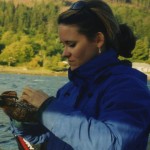 Cathryn Clarke Murray (Postdoc 2012 – 2013)
Cathryn Clarke Murray (Postdoc 2012 – 2013)
I am a marine ecologist broadly interested in the interaction of human and natural systems. My research follows two major themes: ecosystem-based management and ecology of invasive species. Currently: Senior Aquatic Biologist, Fisheries and Oceans Canada
Theraesa Coyle (RA, on and off 2009 – 2013)
I am interested in how uncertainty affects management decision-making and the role that ecosystem-based approaches can play in mitigating the impact of manager’s imperfect knowledge of natural resources.
Rebecca Goldman Martone (Postdoc, 2008 – 2012)
Currently: Marine and Coastal Resources, British Columbia’s Ministry of Forests, Lands, Natural Resource Operations and Rural Development
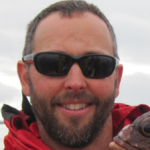
Russell Markel (Postdoc, 2010 – 2012)
Currently: Captain and Owner/Operator of OuterShores Expeditions
 Megan Mach (PhD, 2007 – 2012)
Megan Mach (PhD, 2007 – 2012)
Currently: Communication and Outreach Postdoctoral Research Fellow at DataONE
PhD Thesis, 2012: Research on marine coastal impacts to promote ecosystem-based management: Nonnative species in northeast Pacific estuaries
Maria Espinosa Romero (MSc, 2008 – 2010)
Espinosa-Romero, M. J., K. M. A. Chan, T. McDaniels and D. M. Dalmer (2011). “Structuring decision-making for ecosystem-based management.” Marine Policy 35(5): 575-583. url
Espinosa-Romero, M. J., E. J. Gregr, C. Walters, V. Christensen and K. M. A. Chan (2011). “Representing mediating effects and species reintroductions in Ecopath with Ecosim.” Ecological Modelling 222(9): 1569-1579. url
Currently: Coordinator of the Midriff Islands Program, Community and Biodiversity (COBI)
Lara Hoshizaki (MSc, 2006 – 2009)
Chan, K. M. A., L. Hoshizaki and B. Klinkenberg (2011) “Ecosystem Services in Conservation Planning: Targeted Benefits or Co-benefits/Costs?” PLoS ONE 6(9): e24378. url
Currently: https://www.linkedin.com/in/larahoshizaki
Veronica Lo (MSc, 2006 – 2009)
Lo, V., C. Levings, K. M. A. Chan (2012). Quantifying potential propagule pressure of aquatic invasive species from the commercial shipping industry in Canada. Marine Pollution Bulletin. 64(2):295-302. url
Currently: Programme Assistant, Biodiversity and Climate Change Secretariat of the Convention on Biological Diversity, United Nations Environment Programme
Penny White (MSc, 2006 – 2009)
Currently: Project leader for the Metlakatla First Nations, consultant and photographer

